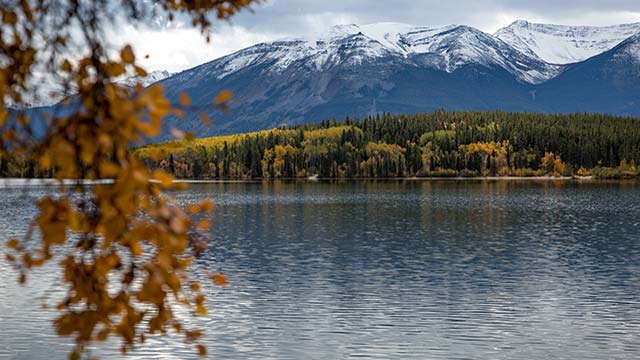
Around this time a few years ago, I wrote, using an excerpt from my book Imagining Eternity, about the moment in which I decided that Jesus Christ was undeniably divine, real, and objectively and subjectively true.
This week marks fifty years since that moment in the mountains outside of the tiny town of Jasper, Alberta, in the heart of the Canadian Rockies.
The pivotal moment of my life.
I find these fifty years difficult to fathom or measure. They are fifty years of believing in and grappling with a person whose fullness I cannot in this life exhaustively assess; fifty years of following and listening to a being who has never made himself visibly known to me; fifty years of trusting in a invisible personal transcendence.
So why believe? Why live a life that, as the apostle Paul puts it, is one of faith and not one of sight? Why be a rational being who is living a life devoted to the non-rational (but not irrational)? Oddly, I live this life because I see that faith, believe it or not (no pun intended!), is, in light of everything that this life comprises, the most rational thing I can do. Given the fact of my personhood; the fact of my mind and consciousness; the fact of the universes's incredibly complexity and order; the fact of the moral sense; the historicity and veracity of the Bible; and the millions and millions of people, including me, who have completely changed, in a positive way, their outlooks on themselves and existence in response to what they perceived to be a divine inbreaking or call: I see no other way to understand existence.
